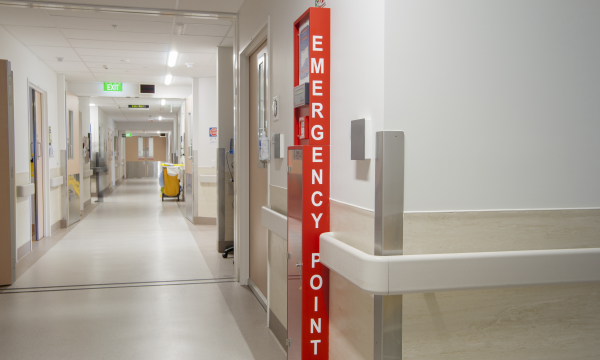New research conducted by SEC Newgate and commissioned by Johnson & Johnson has revealed the quality of the healthcare system remains a top concern for NSW residents.
According to the survey of 2,000 residents of NSW, more than 80 of the respondents named the quality of healthcare as their top concern, ahead of climate change, education, personal safety, jobs, and unemployment.
Nearly 90 per cent of respondents said they would be extremely concerned for themselves, their families and friends if an elective surgery was delayed for three months.
A majority also opposed the decision to suspend elective surgery in the last COVID-19 Omicron outbreak.
Johnson & Johnson MedTech managing director for Australia and New Zealand, Sue Martin, said the survey reflected what many GPs and surgeons have been telling the industry and decision-makers for months – pausing elective surgery is not sustainable.
“Elective surgery doesn’t mean unnecessary surgery – it includes essential procedures that remove cancers, alleviate pain and prevent deterioration of a patient’s condition. These procedures get people moving, back to work and living a full and vibrant life again,” said Ms Martin.
“The government made the difficult decision to suspend elective surgeries and we praise them for their hard work to get through the current backlog. However, we want to ensure this lever is never pulled again and we’re concerned this could happen with the current COVID wave and our first flu season in three years expected in the coming weeks.”
The McKell Institute recently facilitated a roundtable on health system preparedness that included the AMA, Royal Australasian College of Surgeons, Catholic Health Australia and Johnson & Johnson MedTech.
Some of the ideas discussed to prevent the future suspension of elective surgery included the use of 'surge capacity', the development of a dedicated fund and workforce plan, COVID designated hospitals, reassessing current traditional care practices and using new technologies.
McKell Institute CEO Michael Buckland said it was pleasing to see the sector chart a way forward to better manage elective surgery in times of crisis, creating better health outcomes for patients.
“No government takes the suspension of any surgery lightly and the healthcare industry is committed to working together as the system recovers,” said Mr Buckland.
“The long-term impact of pausing non-urgent elective surgery is the deterioration of non-urgent health issues leading to urgent health issues, decreased health outcomes for patients and further strain on our healthcare system.
“Industry leaders from the health sector are united in their calls for action and have used their collective expertise and shared key learnings from the pandemic to help implement sensible public policy changes to inform future practices.”
